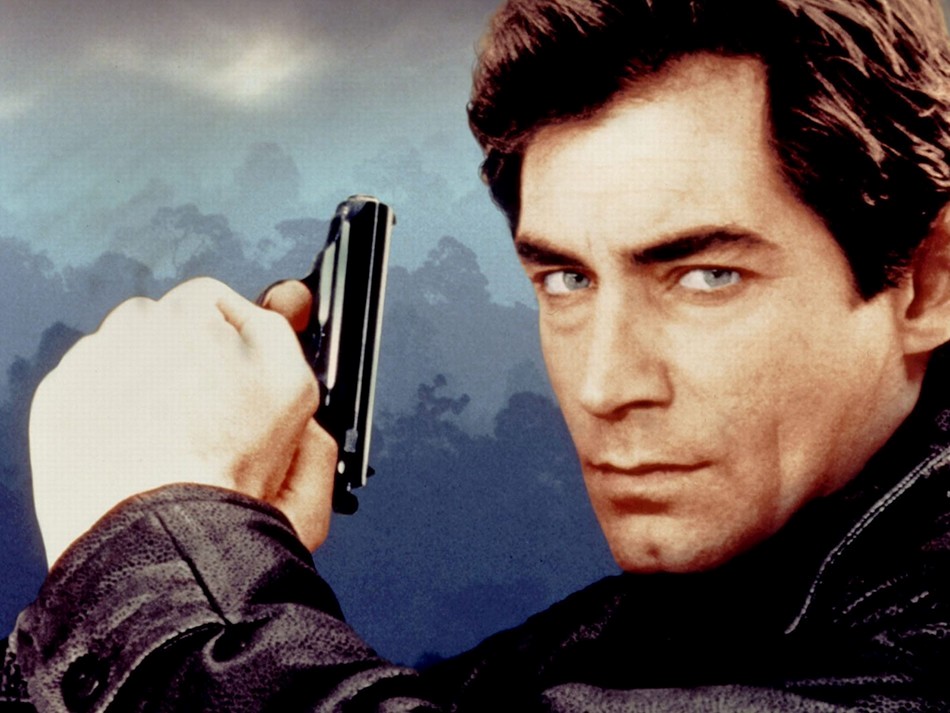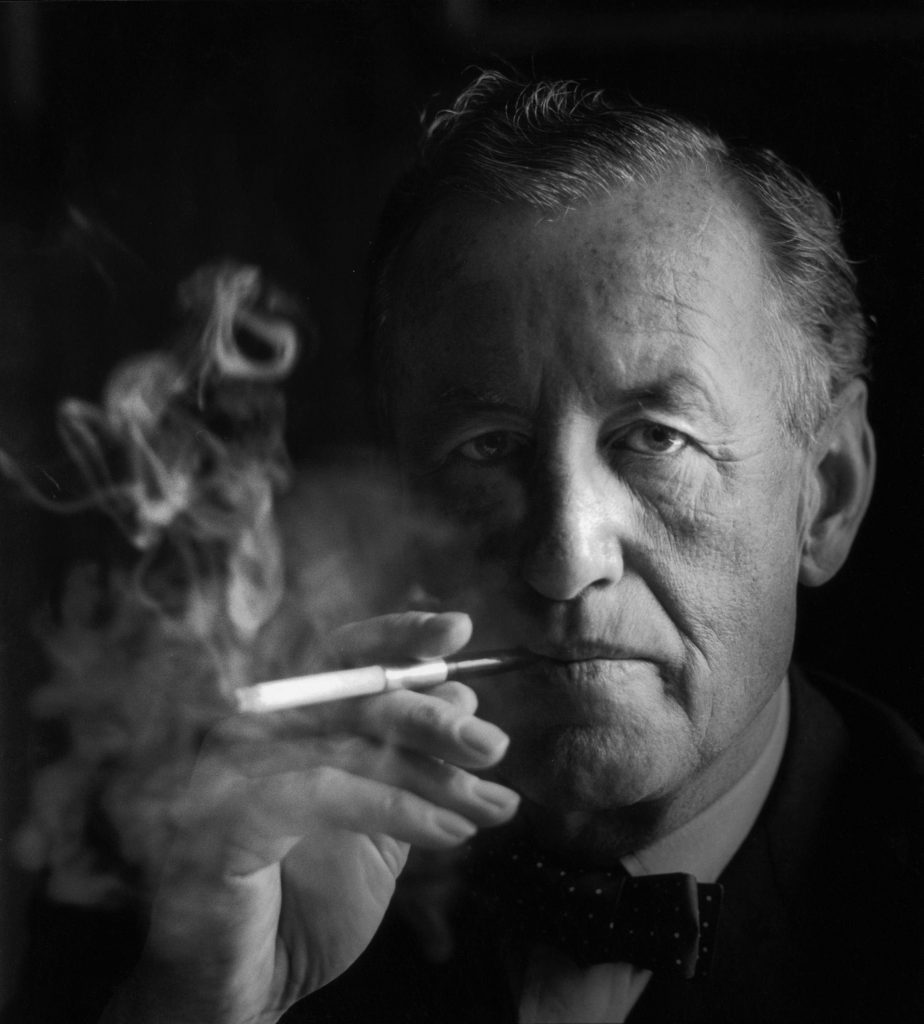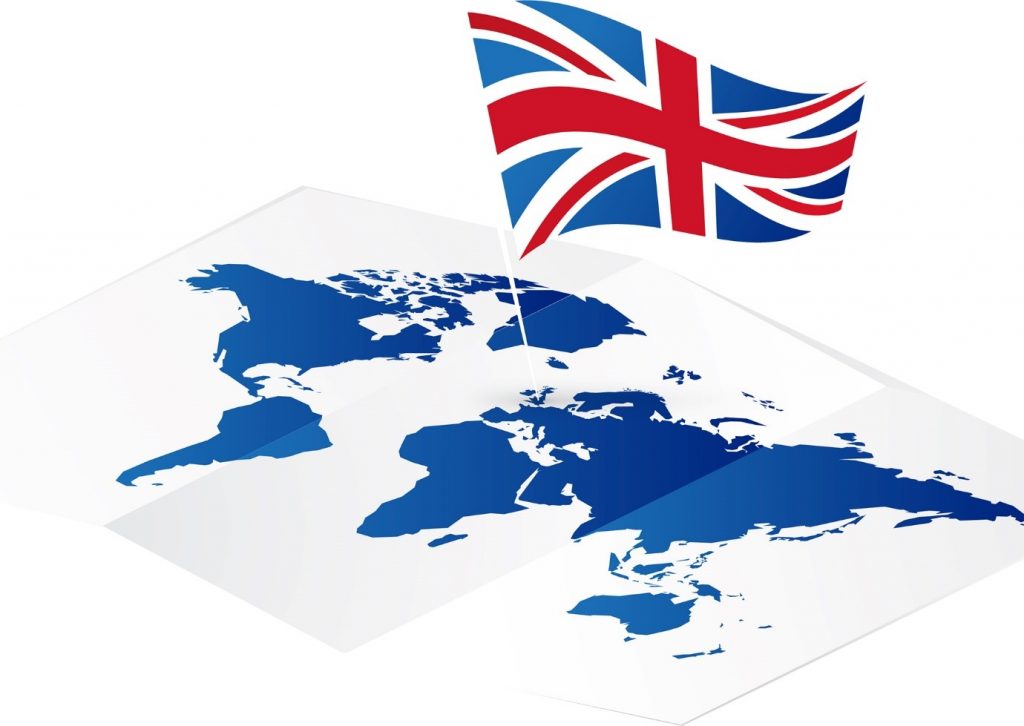You know his name. You know his number. And you know what he does best.
Yes, indeed.
I vividly recall the very first James Bond movie I ever watched. It was Licence to Kill, with Timothy Dalton.
My dad took me to the cinema to see it. I was 6 years old at the time.
This was 1989. Before the age of the internet, social media, and spoilers. So my dad had no idea what he was getting into. Imagine his discomfort, trying to pacify a wide-eyed and fidgety child.
I was probably too young to grasp it properly at the time, but on an emotional level, I found the plot to be incredibly dark and intense.

Source: Ultimate Action Movie Club
After all, this wasn’t the cheerful Bond that Roger Moore had portrayed. This was a more neurotic Bond, played by Timothy Dalton with a ruthless edge.
The story wasn’t exactly sunshine material either:
- Felix Leiter, Bond’s friend at the CIA, is tortured and crippled by a drug baron — while his wife is raped and murdered.
- Bond’s superior, M, shrugs dismissively. This is an American problem, not a British problem. Best to stay out of it.
- Bond is enraged. To hell with Queen and country. He resigns his MI6 job, then sets off on a quest for vengeance.
- This mission is as personal as it gets. Forget politics. This is about drawing blood.
Changing attitudes, shifting fashions
The critics weren’t impressed by Licence to Kill.
It was perceived as being too violent. Too grim. Too nihilistic.
Where was the humour and the patriotism?
Steven Jay Rubin writes in The Complete James Bond Movie Encyclopaedia :
Unlike Moore, who always seems to be in command, Dalton’s Bond sometimes looks like a candidate for the psychiatrist’s couch — a burned-out killer who may have just enough energy left for one final mission. That was Fleming’s Bond — a man who drank to diminish the poison in his system, the poison of a violent world with impossible demands … his is the suffering Bond.
The controversy prompted a backlash. And Dalton departed the role, frustrated that the public couldn’t appreciate his vision for the character.
James Bond would go on ice for six years.
The Cold War era became the post-Cold War era.
The brand wouldn’t re-emerge until 1995. That’s when a new movie was launched: GoldenEye. This time, Pierce Brosnan was in the title role, and Kiwi Martin Campbell was in the director’s seat.
There was more levity. More humour. More charm.
The old formula of saving the world glamorously was in style again.
But it couldn’t last.
After seven years and four movies, Brosnan’s interpretation of Bond arguably became too comfortable, too complacent.
The post-Cold War era had given way to the post-9/11 era.
So, in 2006, Martin Campbell was on hand again to reboot Bond. New project: Casino Royale. New actor: Daniel Craig.
Themes of loss, bereavement, and obsession took centre stage.

Source: Pinterest
Ironically, Craig’s dark edge is similar to Dalton’s dark edge. The mood had come full circle. Maybe Dalton’s portrayal was more prescient than people were willing to give him credit for.
From the Cold War to the War on Terror, as the landscape changes, so too does Bond. A British hero with classic qualities, but always evolving to match the times.
What makes 007 so special?
Well, it’s all about adaptability.
Reinvention. Reimagination. Resurrection.
The legacy of the British Empire
The literary origins of James Bond are intriguing.
Author Ian Fleming was himself a British intelligence officer. He visited exotic places. Met eccentric people. Was involved in hair-raising operations.
So he used his own experiences as a template for Bond. But, more than that, he used his own beliefs as motivation.

Source: The New Yorker
We are all familiar with the old saying: ‘The sun never sets on the British Empire.’
However, at the time when Fleming published his first Bond novel, it felt like the complete opposite was happening.
The Empire appeared to be in terminal decline. There was widespread pessimism about whether British values remained relevant.
Here are the three most important reasons why:
- After the devastation of the Second World War, Britain was in dire financial straits. Its sprawling empire could no longer be maintained. It had to be dissolved, with independence given to the territories previously under its control.
- The British economy was kept afloat by help from Uncle Sam. This happened through the Anglo-American Loan Agreement. In 1946, it allowed Britain to borrow $3.75 billion at a low 2% interest rate.
- In 1956, the Suez Crisis erupted. Britain joined France in landing troops to occupy the Canal. Their goal was to disrupt Egypt’s plan to nationalise the strategic asset. Unfortunately, the operation went awry. President Dwight Eisenhower opposed Britain’s involvement and threatened to sell off the pound sterling bonds held by America. Faced with economic ruin, Britain was forced to withdraw under pressure.
Observers considered this a pivotal moment. It was a humiliation for Britain — and possibly marked the end of its identity as a global superpower.
Dean Acheson, the US secretary of state, remarked: ‘Great Britain has lost an empire but not yet found a role.’
Ian Fleming, of course, disagreed. He remained passionate about his nation’s potential. He believed that British values were not only still relevant but indispensable.
Sure, the United States was top dog now. It had deep pockets. It had all the best toys. But Fleming argued that no one could possibly play the geopolitical game with more style and more intellect than the British.
Freed from the constraints of maintaining an empire, Britain could now focus on redefining itself. Forget hard power. Try soft power. Culture and charisma.
This wasn’t just wishful thinking. This was actually actionable.
Consider the following:
- While America was embarking on a disastrous war in Vietnam, Britain had far better success with its counter-insurgency campaign in Malaya (later, Malaysia).
- I have a personal stake here. My dad actually grew up in what was known as a New Village — a guarded British settlement designed to keep the civilian population separate from the Communist guerrillas, thereby cutting off their moral and material support.
- Charles Beckwith, a US Army officer serving on exchange with the British Special Air Service, was impressed by what had been achieved in Malaya. When he returned to America, he pushed his superiors to adopt the British model. The result is Delta Force, the US Army’s elite special operations unit.
- This mystique about British prowess has carried on to modern times. In 2003, while advocating for the invasion of Iraq, President George W. Bush declared: ‘The British Government has learned that Saddam Hussein recently sought significant quantities of uranium from Africa.’ Bush apparently felt that MI6 — Bond’s intelligence agency — made a stronger case than even his own CIA.
An impressive track record? Absolutely.
Indeed, when you put everything into context, James Bond is more than just a cultural icon. He has become the personification of an evolving Britain, shifting gears across the decades to keep pace with progress.
This is a nation more resilient than people are prepared to give it credit for.
Judi Dench’s M says as much in the film Skyfall, reciting the poem Ulysses:
We are not now that strength which in old days
Moved earth and heaven; that which we are, we are;
One equal temper of heroic hearts,
Made weak by time and fate, but strong in will
To strive, to seek, to find, and not to yield.
A hidden investment opportunity?
Today, Britain is more dynamic and more relevant than ever.
Like James Bond, it has proven itself to be a surprisingly durable brand.
Here are some key facts:
- The UK is the fifth-largest economy in the world.
- The UK is the third-largest recipient of foreign direct investment.
- Its capital, London, is the second-largest financial centre globally.
- The UK continues to remain a superpower in its own right.
So, while the mainstream media continues to focus on America, China, and Russia, they are actually overlooking the diamond in the rough that is Britain.

Source: Policy Exchange
Post-Brexit, post-Covid, Britain is shaping up to be the most undervalued market in the developed world. It’s packed with high-yielding stocks.
Here at Vistafolio, we have the inside scoop on this. For our Eligible and Wholesale clients, we run what may be the only active night-trading desk in New Zealand. Every week, we aim to buy into exceptional companies in the UK. Our focus is on sectors that offer the perfect balance of growth and income.
Right now, we can see a fresh chapter unfolding as Britain recalibrates itself for a brave new world.
If you have conviction and courage, this is the time to take a closer look at what this influential nation has to offer.
Regards,
John Ling
Analyst, Wealth Morning
(This article is general in nature and should not be construed as any financial or investment advice. To obtain guidance for your specific situation, please seek independent financial advice.)





John is the Chief Investment Officer at Wealth Morning. His responsibilities include trading, client service, and compliance. He is an experienced investor and portfolio manager, trading both on his own account and assisting with high net-worth clients. In addition to contributing financial and geopolitical articles to this site, John is a bestselling author in his own right. His international thrillers have appeared on the USA Today and Amazon bestseller lists.